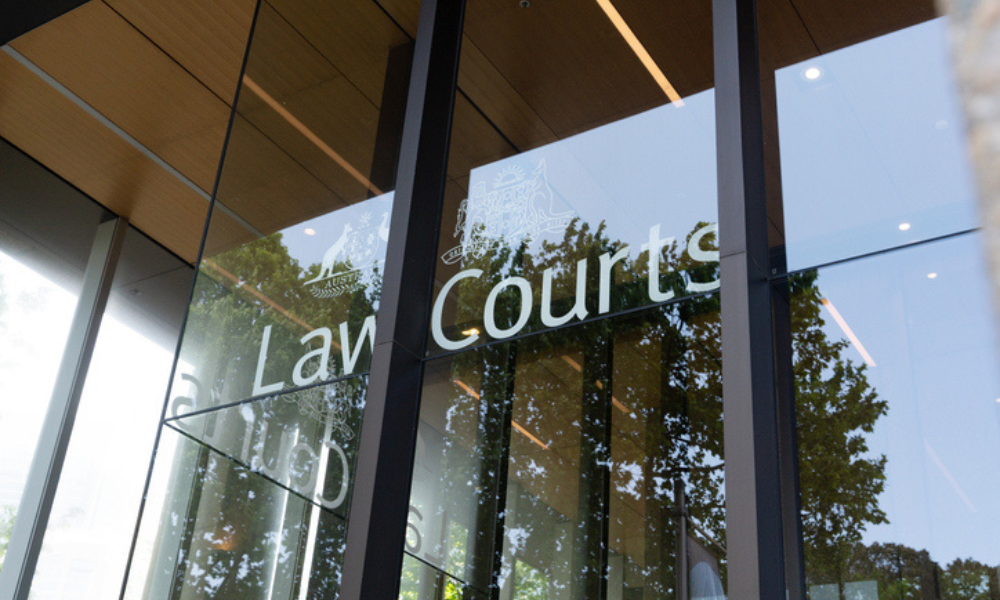
She made allegations of fraud, but the court found no proof that she was deprived of land

In a recent case, the Supreme Court of New South Wales (NSW) rejected a statutory compensation claim under the Real Property Act (RPA) initiated by a sole registered proprietor of a property in Epping, NSW.
In Back v Registrar-General of NSW, [2023] NSWSC 1567, the Registrar General had sought summary dismissal of Nam Suk Back's claims, asserting that no reasonable cause of action was evident. The court ruled in favour of the Registrar General, ordering a dismissal with no associated costs.
Back's claim revolved around various registered dealings concerning her Epping property known as Volume 7668 Folio 120, which was the historic Certificate of Title. There were two historic dealings recorded on the certificate. Back made a series of applications to release or extinguish these positive covenants. Still, these applications were rejected because they were not in the correct form under the Real Property Act.
In 2016, the amalgamation of Hornsby Shire Council into the City of Parramatta occurred. The local government area of Back's property changed. As a result, the Registrar General was obliged to record that change in the local government area applicable to the property. Back sought statutory compensation for $146,505 under the RPA. Back also submitted Torrens Assurance Fund claims. The Registrar General asked the court to order a summary dismissal of Back's claim.
The NSW Supreme Court noted that it must exercise the power to summarily dismiss a claim with caution. The claim must be "so obviously untenable that it cannot possibly succeed" or "manifestly groundless."
The Registrar General argued that Back failed to show that the court's jurisdiction under s. 129(1) RPA has been engaged. The court emphasised that Back must establish a causal connection between the loss she suffered and the operation of the RPA to ground a claim under the RPA. The court further said causation is assessed with a pragmatic, common-sense approach.
Ultimately, the court found that Back failed to demonstrate that her claims would engage s. 129 of the RPA to substantiate a compensation claim. The court noted that Back anchored her claim on the registration by another person as proprietor under s. 129(1)(b) of the RPA. However, the court found that Back has been the sole registered proprietor of the property since 2012. There was no evidence that someone else had acquired or registered an interest in the property.
Back also made allegations of fraud against the Registrar-General. Still, the court found no evidence that she was ever deprived of her land or any interest since she became its registered proprietor to be entitled to statutory compensation.
Back also based her claim on the provision under the RPA permitting the Registrar-General to refuse to register a dealing affecting any interest in land if a notice in the approved form is not provided. The court noted that no such dealing was disclosed, and Back remained the sole registered proprietor of the property.
Accordingly, the court concluded that none of Back's complaints arose out of the operation of the RPA, and there was no causal link to any loss. The court ultimately considered it appropriate to dismiss Back's claim summarily.